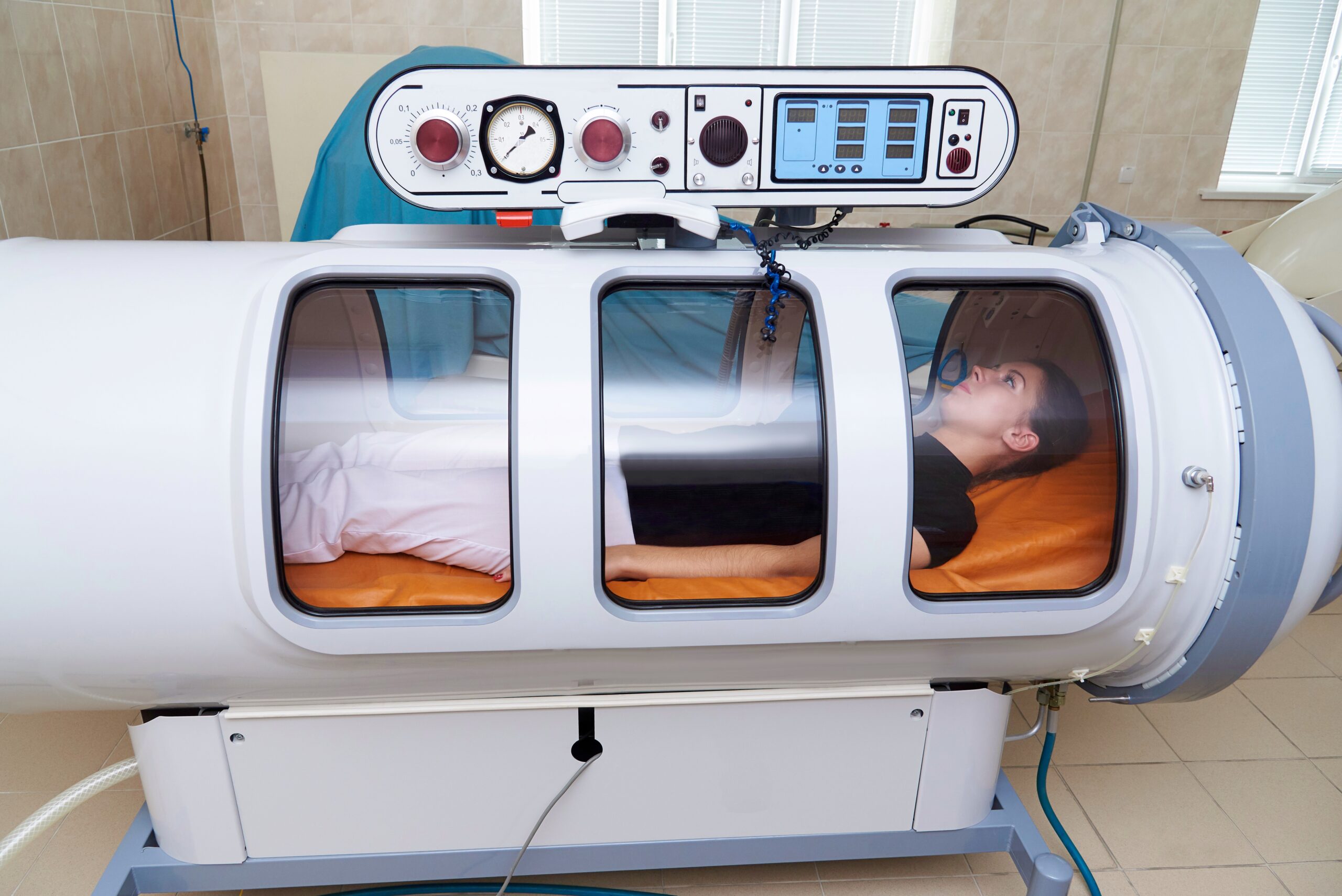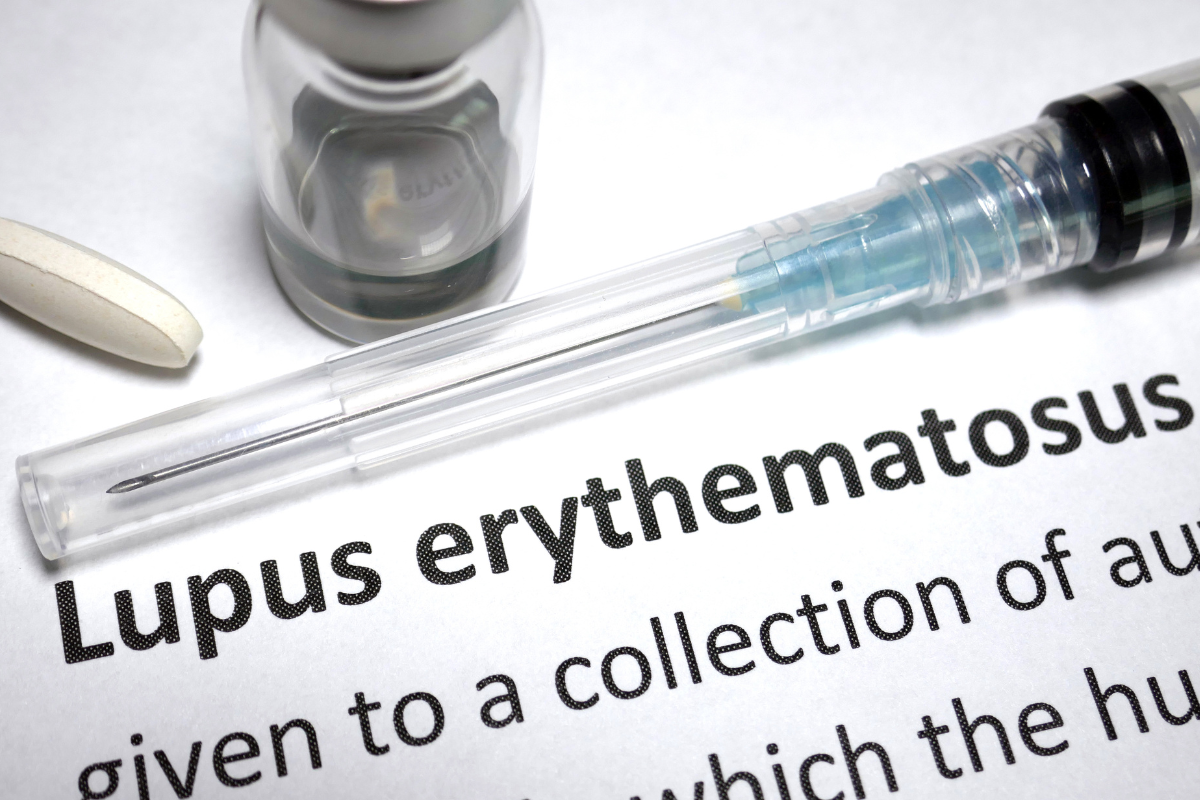Insights in Autoimmunity and Immunotherapy

The expert panel at Oxford Global’s 2021 Immuno UK conference gathered to discuss the key features and challenges integral to treating autoimmune diseases. The panel hosted senior representatives from large pharma and biotech companies. There they discussed the challenges with incorporating new technologies into viable therapeutics in their industry.
Hyperbaric Chambers: Scientific Opportunity or Alternative Medicine?
Paul Eggleton, Senior Director of Immunology at Revolo Biotherapeutics kicked off the discussion by recounting a curious and clinically fascinating phenomenon that he had encountered in his experience of treating autoimmune diseases. He explained that there were around 70 hyperbaric decompression chambers in the UK, which have been shown to be effective in the treatment of multiple sclerosis although scientists seem to not understand why.
Amazingly, Eggleton recounted conversations he had with progressive MS patients, one of which had been told that they had six months to live over 30 years ago. These patients often begin using these chambers as a clinical last resort, but still have the support of consulting neurologists and physicians who are desperate to try anything that might help them.
This is all despite the fact that hyperbaric oxygen therapy (HBO) has had very little scientific study conducted into it. And that, as Eggleton notes, “the pharmaceutical industry won’t touch it because the drug—and it is a very potent drug—is called oxygen.”
Although you cannot patent the oxygen we breathe, Eggleton hinted at the possibility of discovering the biological mechanisms that make HBO work and developing it into a pharmaceutical. “If we could bottle up what these people are doing, what are they turning on and off genetically on the protein level, in the microvasculature of the brain?”
Eggleton said that his research is only starting to scratch the surface of this but remains optimistic about studying the effects of hypoxia and hyperoxia on gene regulation. He believes that neurodegenerative diseases may be one of the “final challenges of medicine” and looks forward to furthering funding and research in the field.
The Curses and Blessings of New Technologies
New technology often brings with it foundational and existential questions for an industry like pharmaceuticals. Although the latest tech provides the exciting glossy exterior for the development of new products, our panellists were sceptical about what they saw as an overemphasis on sensational approaches.
One audience member pointed out that the shift toward personalised medicines could get worryingly expensive to patients, causing them to wonder whether this shift would be sustainable in the long term. Our panel leader commented that she “agrees fully” with this point but injected some thoughtful optimism.
One senior representative from a large pharma company believed that other technologies could potentially “level the playing field” to make the coming waves of development more sustainable. Offering the example of artificial intelligence in this regard: “[AI could] help in the analysis of all this data. I don't think any one of us can comprehend and analyse the immune system in a way that an AI potentially could do in the next ten years.”
But the question of cost is still a critical one. Eggleton acknowledged that “pharmaceutical companies will spend 2 billion making a biologic, making it safe, and making it very effective, but only for a small cohort people whose nations can afford to pay for it.”
Another representative agreed, adding that although competition has the potential to drive down prices, “there are lots of barriers in markets—and it's not a normal marketplace, so normal rules do not necessarily apply.”
“If we're proposing to use ever more complicated, sophisticated, and expensive technologies to understand the immune system, will they eventually lead to increased drug prices?”
It seems that the big advancements in the field of immunotherapy are also bringing with them big questions about where the industry may go from here. Our panellists are excited about where the sails of progress may take them but are wary of the cliff-faces that surround the industry’s borders.
To see what’s around the corner in this dynamic field, you can see the experts in person at our next Immuno UK conference.
Why not also join our discussion group titled “Treating Autoimmune Diseases: Past, Present, and Future”? The discussion is set to take place on Monday 4 April, 15:00 (BST) and will be led by Paul Eggleton, Senior Director of Immunology at Revolo Biotherapeutics.





